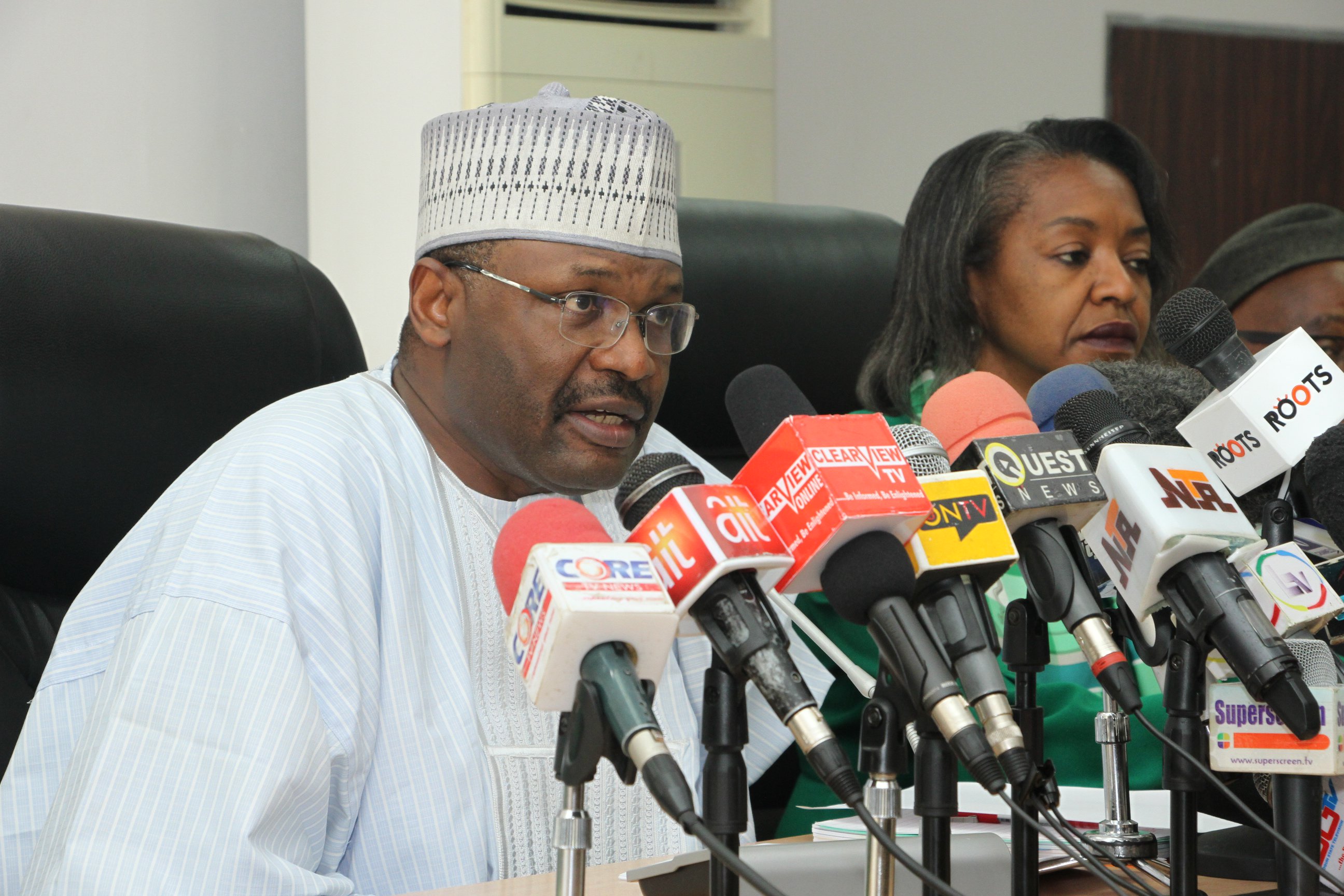The Independent National Electoral Commission (INEC) has revealed that only 62 women out of the 2,970 who contested for various political offices in the 2019 general elections were elected.
The chairman of INEC, Prof Mahmood Yakubu, represented by the Head (Gender Division), Blessing Obidiegwu, disclosed this on Wednesday at the annual convention of the Nigerian League of Women Voters in Abuja.
The figure provided by INEC showed that only seven women were elected into the Senate during the 2019 elections, while the House of Representatives has 11 women.
Four women were elected as deputy governors, and 40 women were elected into the 36 state Houses of Assembly.
Yakubu said, “It is common knowledge that the number of women elected to public offices in Nigeria, unfortunately, dwindled despite efforts made ahead of the general elections to enhance women participation in the electoral process by various stakeholders.
READ ALSO: Appointment of new emirs null and void – Kano court tells Ganduje
“The INEC held several programmes and activities to sensitise and mobilise more women to participate in the electoral process with the ultimate goal of having them elected to more public offices. These programmes held countrywide at the urban areas, as well as grass roots level.
“Sadly, out of 2,970 women who contested for different political offices, only 62 were elected. The above data shows 4.17% women representation in the 2019 general elections, as against 5.65% elected in the 2015 general elections to the National Assembly.
“The figures shown above indicate without equivocation that a lot still needs to be done to give women more access and visibility to participate actively in politics.
“This scenario needs to be vigorously interrogated to improve women’s participation in the electoral process.”
The INEC chairman lamented that gender inequality was still existing in the political leadership of Nigeria, which he said remained a constraint on growth and poverty reduction.
Yakubu, however, noted that the increase in a number of contestants show that more women were becoming aware of the gains of their active involvement in public affairs and had taken ownership of the process as a result of the interventions of various stakeholders.

